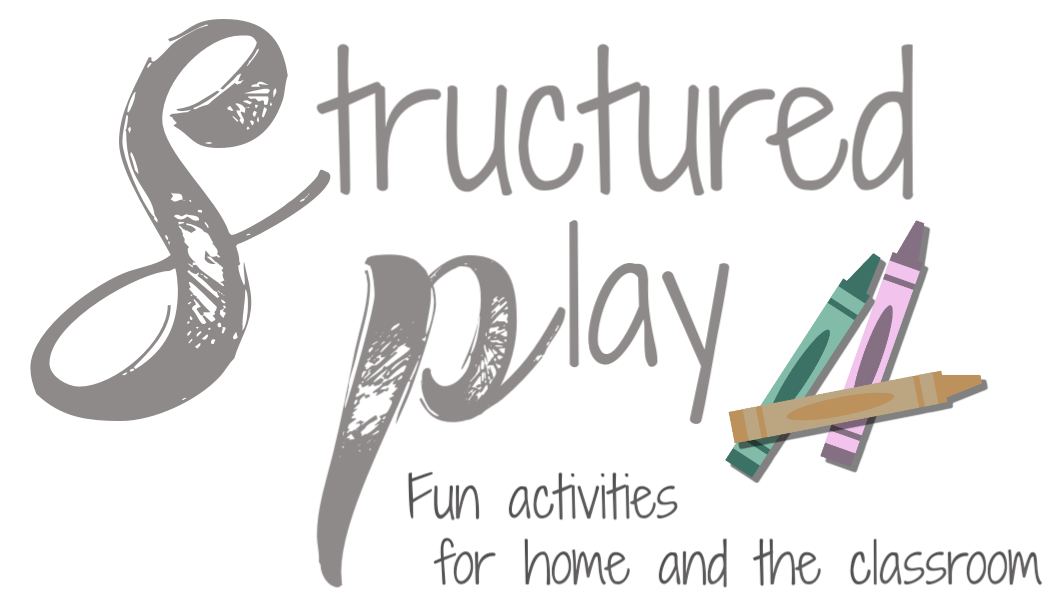This month's puppet activity uses a brown hand puppet. This puppet is furry and has velcro on its fingers. It can be used for many different games/poems/songs but this month it represents a tree. I made 5 different color leaves out of scraps of felt and a sharpie marker.
Once you have the puppet ready you can sing the song as you 'loose' the leaves. Poem:
Five little leaves so bright and gay,
Were dancing about on a tree one day.
The wind came blowing through the town,
And one little leaf came tumbling down.
(Drop one leaf in a very dramatic way allowing it to float down)
Four little leaves so bright and gay,
Were dancing about on a tree one day.
The wind came blowing through the town,
And one little leaf came tumbling down.
Were dancing about on a tree one day.
The wind came blowing through the town,
And one little leaf came tumbling down.
(Continue the poem as all leaves fall to the ground.)
When the poem says, "The wind came blowing through the town, And one little leaf came tumbling down." I blow on the leaf (in a very dramatic way). This helps children to understand that the leaves fall but the wind really helps the leaves down from the tree. I point this out when we are outside playing. We watch for wind and then leaves falling from the trees. (Make connections)
Your little one may be able to 'take over' after a few experiences with the puppet and poem. Jake started taking the leaves off for me almost right away. I have to make sure he waits until we are down to 4, 3, then 2 in the poem. Big surprise, he gets ahead of himself! :)




Did you make the furry hand puppet or purchase it somewhere?
ReplyDeletePurchased at a teacher store.
Delete